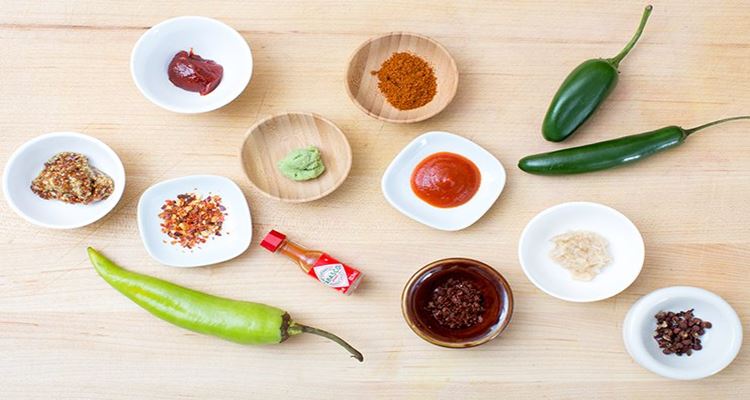This is what happens to the body if you eat spicy food. Find out below!
Eating spicy food has its share of risks and benefits to health; this is what happens to the body if you consume it.
What makes spicy foods hot?
Adventure seekers in terms of food often opt to consume spicy. Not only because there’s a thrill in it, but, what keeps them from choosing this is the different kick and added flavor it provides. Chicken wings, hotdogs, pork dishes, and many others are always elevated because of spiciness.
Spice can come from wasabi, horseradish, and mustard called isothiocyanate but what makes a food spicy is the heat that comes from the content called capsaicin. Chili peppers are abundant in this compound.
What happens to the body if you eat this?
The initial effect is the tingling in the tongue and lips and sweating.
- One of the initial physical reactions is sweating. This is because the capsaicin fools the body into thinking that the temperature has risen, hence the sweating.
- It may cause gastrointestinal distress with excessive consumption.
- Extreme physiological reactions may appear but this rarely happens.
- It may help reduce blood pressure.
- It is linked with various health benefits such as speeding up metabolism, longevity, fighting inflammation, fighting cancer cells, and fighting bacteria.
Meanwhile, foods that are spicy are the foods that old people must avoid eating to prevent unhealthy aging. It may add a different kick and flavor to the food but too much of this might cause adverse effects.
Some of the risks of foods that are spicy include stomach pain and irritation, irritation in the tongue, skin rashes, worsening symptoms of GERD or acid reflux, and hallucinations but this rarely happens. These effects only prove that overdoing it isn’t without risks.
If you’re not used to spicy foods, start slow. The key to avoiding the negative impacts of this is to consume moderately.
What can you say about this? Let us know in the comments!

